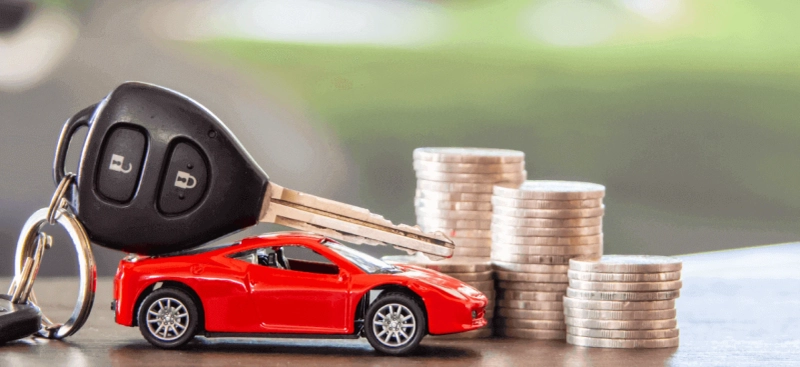Buying a car is a significant investment; when you're looking to save money, a second-hand car might be the way to go. While a second-hand car can be a great option, there are a few things to consider before financing from a company like Second Chance Car Finance or Car Finance. In this article, we'll look at all the things you need to keep in mind.
One of the most important decisions you'll make when buying a car is how to finance it. With some research and preparation, you can make an informed decision and secure the best financing. There are a few different things to consider when it comes to car finance or second chance car finance, affordability, and various other financing options.
Affordability
Your ability to finance a second-hand car largely depends on your financial capabilities. Before considering any financing options, it's essential to determine the maximum amount you can afford to pay for your car. This includes the car's purchase price, insurance, taxes, registration fees, and other expenses associated with the purchase. It would help if you also calculated the ongoing expenses of owning and running the car, such as fuel, servicing, repairs, and maintenance.
Budgetary Considerations
Before financing a second-hand car, the first thing you should consider is your budget. This includes determining your ideal car loan repayment amount and deciding how much you can afford to put down as a deposit. It's essential to also factor in additional costs like insurance and registration. Doing your homework before signing up for a car loan will help you avoid financial strain and ensure you only pay what you can comfortably afford.
Vehicle History and Condition
When shopping for a second-hand car, the vehicle's condition is the essential factor to consider. Ensure you inspect the car thoroughly and have a trusted mechanic inspect it if possible. Check the car's history by doing a vehicle history report, which will tell you if the car has been in an accident or has any underlying issues. This knowledge will help you make an informed decision about financing the car.
Insurance
Insuring your second-hand car is a must before taking out a car loan. Not only is it the law, but it's also the best way to protect your investment. You should shop for the best car insurance provider and ensure you're getting the best deal. Read the fine print to ensure you understand exactly what you're covered for. This can help you make an informed decision when financing your second-hand car purchase.
Warranties
It would help if you always looked into extended warranties when you finance a used car. These are available from third-party providers and can help cover any unexpected repairs. Typical warranties cover repairs up to a certain amount, so it's essential to ensure the warranty you choose is appropriate for your car and budget.
Documentation
Finally, double-check all the documents and paperwork you need before financing a second-hand car. This includes a Bill of Sale, a Vehicle Identification Number, and registration documents. Ensure all the information is complete and correct, and save all the paperwork as proof of purchase.
Financing a second-hand car can be daunting, but with the proper preparation, you can make an informed decision and secure the best car finance deal. Consider your budget, inspect the car's history and condition, shop around for insurance and warranties, and double-check all the paperwork. If you keep these pointers in mind, you can ensure you're getting the best second chance car finance deal for your needs.
Source URL: https://crossyscars.com.au/finance/


